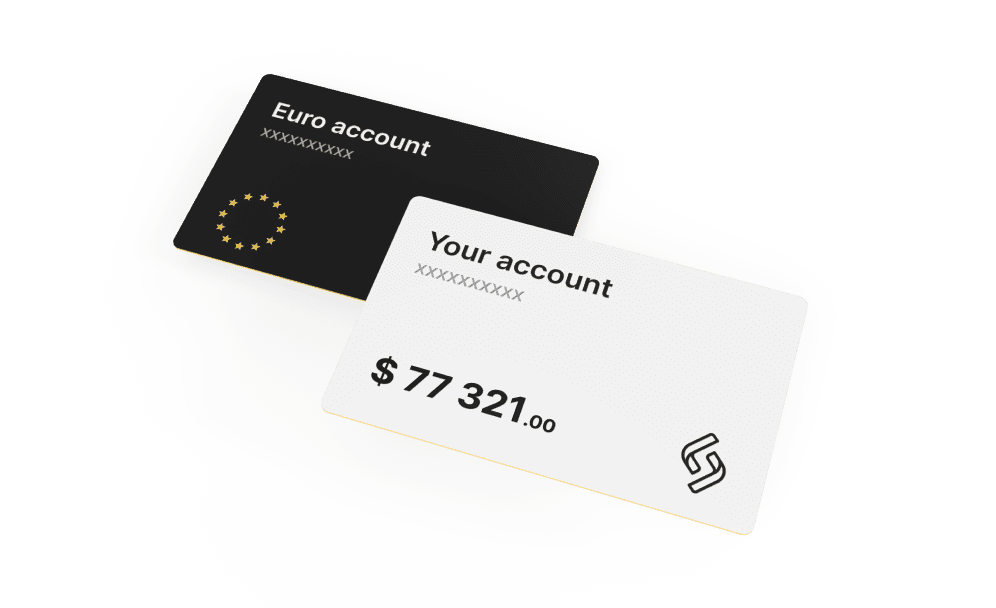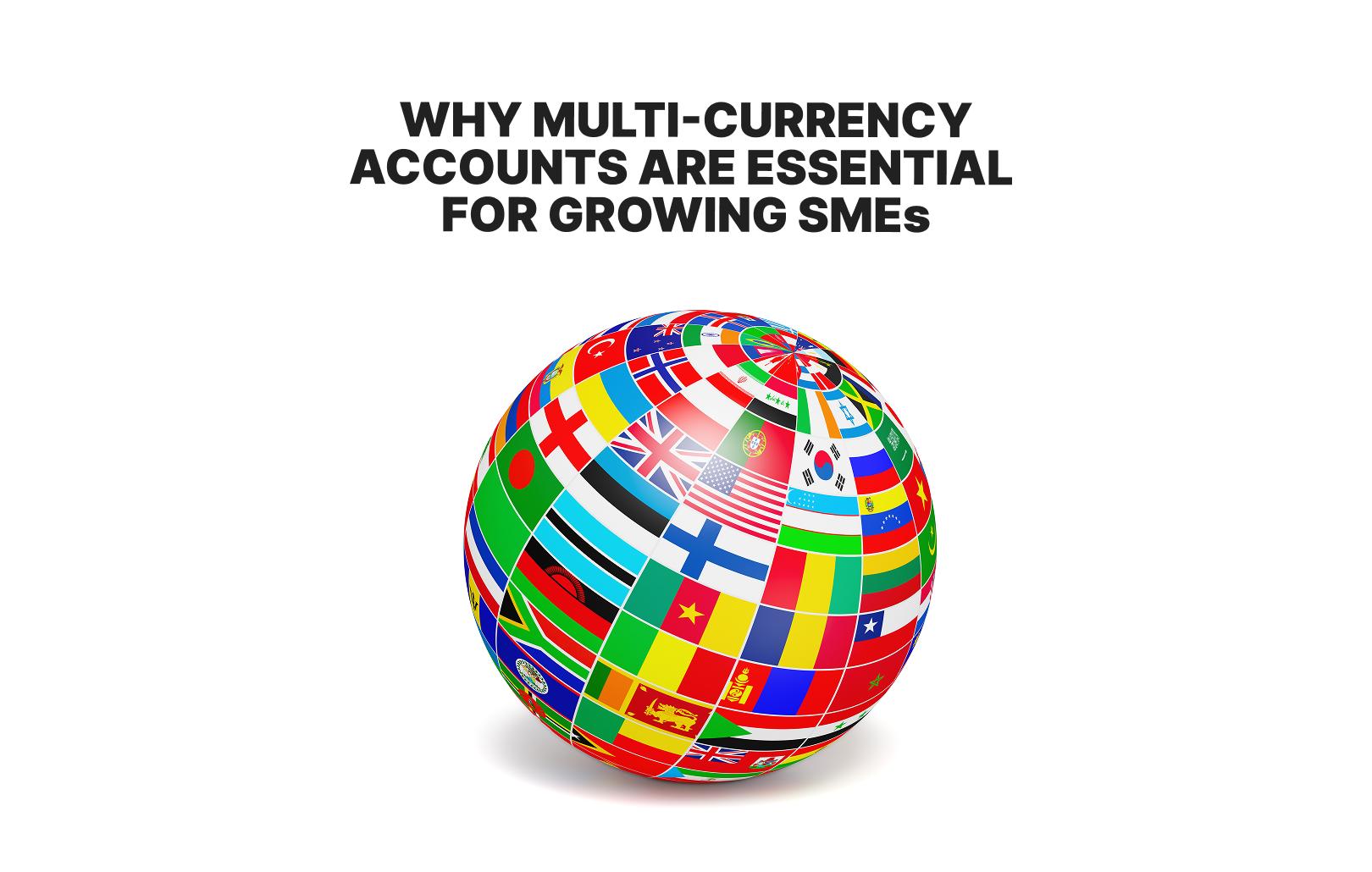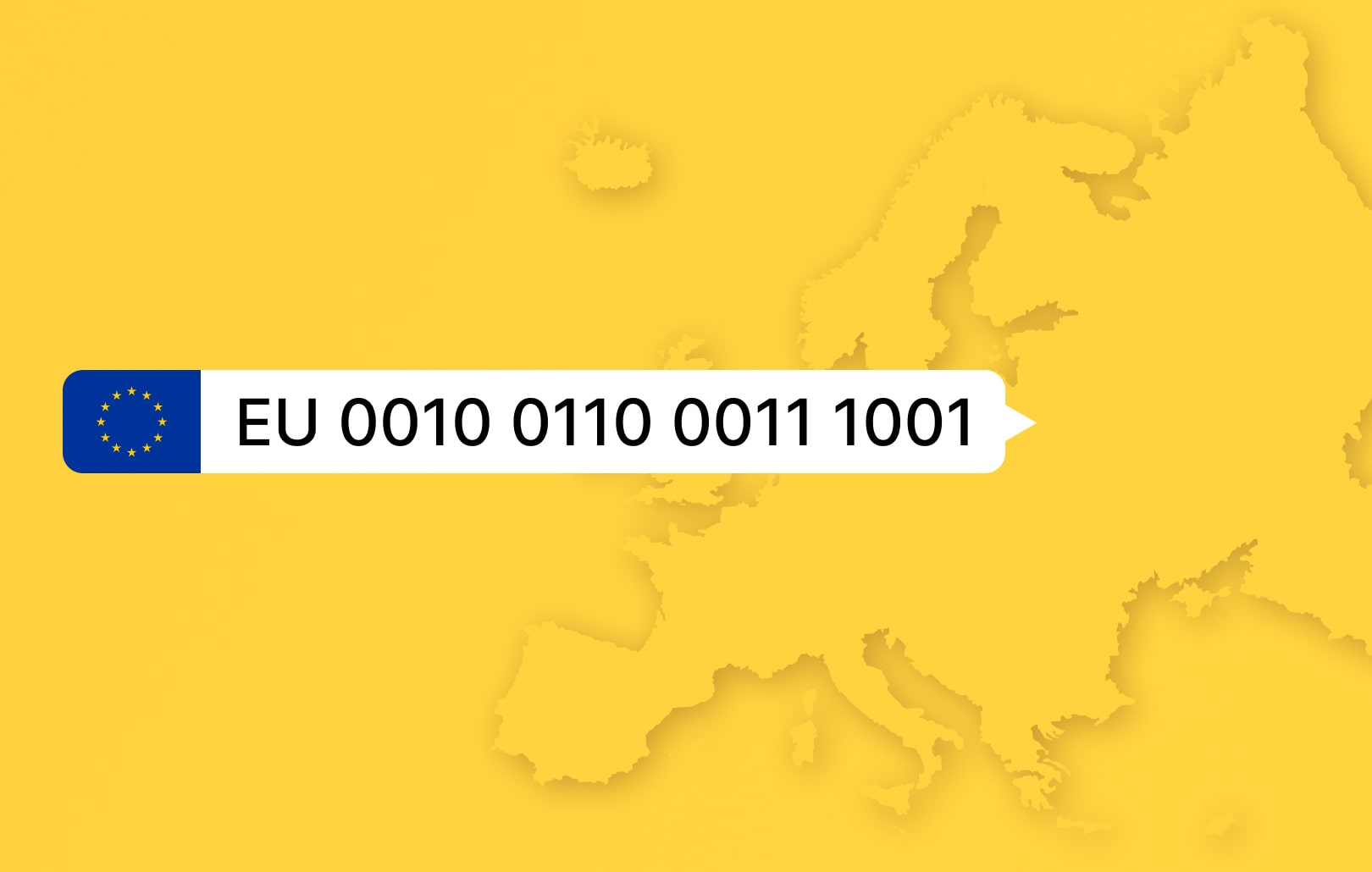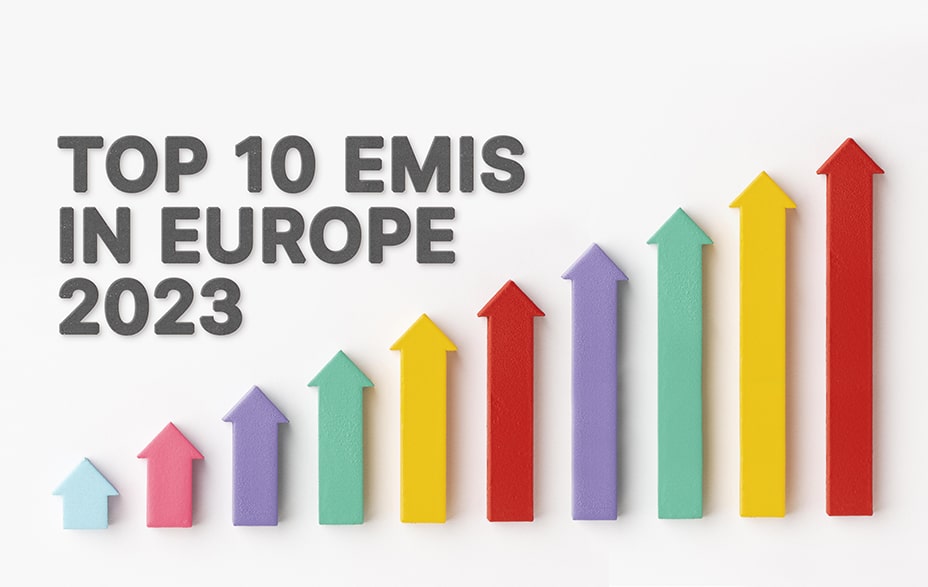How to Open a Business Payment Account for an LLC Online in Europe

Are you considering expanding your business into other countries or perhaps looking at the European Union (EU) as a potential market? Expansion presents exciting new opportunities, but when venturing into foreign markets, there are numerous factors to consider. One crucial aspect is figuring out the most efficient way to make and receive payments from individuals and organizations with whom you’ll be doing business.
For individuals or small companies located outside the EU, the conventional solution involves setting up a business checking account with a European digital banking institution. With an EU payment account, you can facilitate payments to your suppliers in the region via wire transfers.
However, the real challenge for most small businesses lies in the process of opening a European payment account.
The EU has 28 member states, each with its own distinct banking practices, government regulations, and, of course, languages. This diversity makes the task of setting up an EU account for your business quite complex. In the following sections, we will delve into various considerations for opening corporate accounts within the EU and explore alternative options and strategies. Keep in mind that you’ll need to approach this process on a country-by-country basis and be prepared to invest time and effort into thorough research.
Quickest way for non-EU businesses to open business account in Europe
Opening a business account in Europe used to be a tricky process because of the EU’s reputation for lots of rules and paperwork. If you want to do business in Europe without dealing with all the red tape and high costs, there are easier and cheaper options available.
One of the best solutions is to open an account online with a digital banking provider, many of these are licensed as electronic money institutions (EMIs). This means you don’t have to spend money on expensive business trips or hire pricey consultancy firms, and you can avoid the hassle of verifying paperwork. Online banking has been a popular choice worldwide for the past five years, and both small and big businesses are using it. It’s a smart way to save time and money for your business needs.
Reasons to open a European account online as a non-resident
Almost anyone can open a business account in Europe for banking online, provided they have a legitimate reason. Your reason matters and can affect your application’s success. Some of the acceptable options include:
- Receiving payments from European customers
- Expanding your business within Europe
- Paying suppliers in Europe
- Needing European payment processing via SEPA
- European cryptocurrency exchange
- Seeking a stable currency and reliable financial institution
- Real estate ownership or rental
- Investing in European stocks
- Frequent business trips
Opening an account in Europe as a non-resident comes with its challenges, given the bureaucratic nature of the European financial ecosystem. Some of these challenges include stringent documentation requirements, application denials, local tax identification requirements, requirement to demonstrate local and regional ties, verification and activation via local phone numbers, and potentially high charges by service providers.
It’s crucial to select the right banking provider for your specific needs and navigate the requirements accordingly.
Benefits of opening a European business account as a non-resident
Opening a European business account as a non-resident small business owner provides access to a stable financial environment and a host of advantages. Here are the main ones:
- International accessibility
- Enhanced financial services
- Currency diversification
- Financial stability and security
- Business expansion opportunities
- Operational convenience
Researching individual providers and their offerings is essential to find the best fit for your requirements as a non-resident.
Who can open a European business account for non-residents?
Usually, individuals from various countries worldwide can open European business payment accounts, except for those coming from one of the blacklisted countries. While these requirements may appear straightforward, most banking providers may request supporting documents, such as invoices, signed contracts, proof of address, local utility bills, lease agreements, and local company registration and tax ID numbers to process your application.
If you’re considering expanding your business into Europe, it is worth evaluating the opportunities that exist in the Baltic states, such as Lithuania, which boasts the highest number of digital banking providers in the EU. For locally-oriented multi-currency accounts with unique IBANs, 38+ currencies (EUR, USD, GBP, CHF and others) and international payments, you might want to consider Satchel.eu. We will debunk all the prevailing myths regarding the complexity of opening an EU account. You’ll be pleasantly surprised by the straightforward online application process and document submission. Plus, no fees are charged until your account opening is confirmed. Be sure to review the full list of fees before starting your application.
How to open a European business account for an LLC online as a non-resident?
Opening a European online account for SMEs and LLCs typically involves these steps:
- Check if your country is not blacklisted.
- Research and compare fees of different digital banking providers.
- Choose a suitable European digital banking institution.
- Review its eligibility criteria and required documentation.
- Prepare necessary documents such as valid passport, proof of address, certificate of incorporation, memorandum and articles of association, appointment of directors and shareholders, etc.
- Submit an online application with accurate information, attaching the required documents.
- Go through the identity verification and account opening approval process.
- Fund your account once approved.
- Access and manage your account online.
Specific processes and requirements may vary between banking institutions and countries, so thorough research is crucial. If you’re tired of dealing with the daunting routine tasks, consider opening a business account in a few easy steps with Satchel.
How long does it take to open a business account in euros for non-EU citizens?
Typically, the process of opening a business account in euros for non-EU citizens takes approximately 2 to 4 weeks from the moment you submit your application online to the completion of all necessary compliance checks, including Anti-Money Laundering (AML) procedures. This period encompasses the verification of your documents and the establishment of your account credentials, such as setting up a password for your EU business account, which can be accessed through either a dedicated app or a desktop client office. However, it’s important to note that the timeline can vary depending on your level of preparedness and how promptly you’ve gathered and provided all the required documentation.
For those seeking a smoother and more efficient experience, ensure you’ve prepared all the necessary documents in advance. If you have any questions or uncertainties along the way, don’t hesitate to reach out to our customer support for guidance. At Satchel, we offer personalized, professional assistance, without automated bots, to ensure a more seamless and reassuring account opening process. Reaching out for a consultation can significantly expedite and simplify the process, ensuring that you’re well-prepared and informed at every step of the way.
Enjoy European digital banking!







